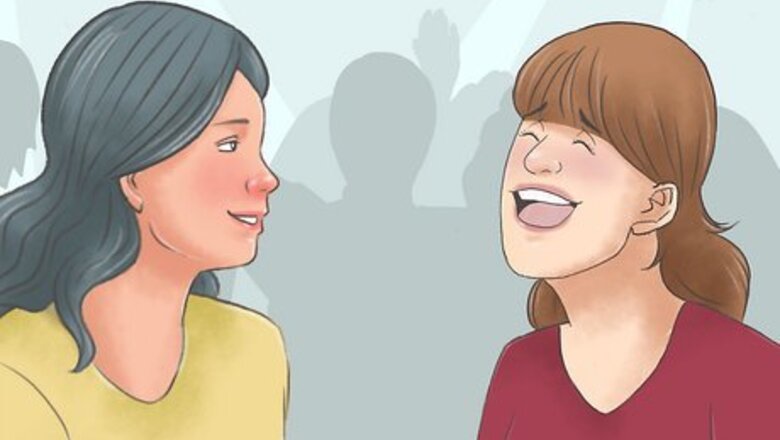
views
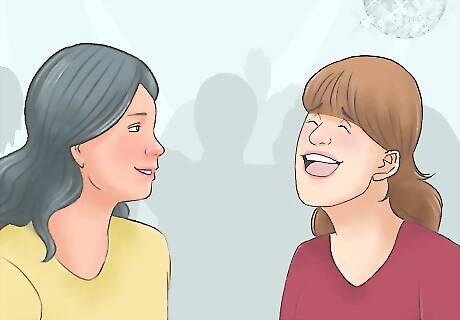
Consider your reactions around people. How do you act at a party, or around a large group of people? If you tend to be more of a listener than a talker, you might be an introvert. You would be more of a wallflower than the life of the party. If you are more talkative, you are likely to be an extrovert. People are drawn to you because you smile more and are comfortable to be around. Sometimes how you act also depends on how comfortable you are with the people around you.
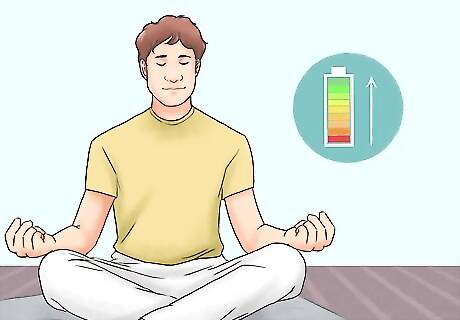
Think about your energy levels. What helps you to get your energy back? How do you mentally or emotionally recharge? Everyone needs to sleep but some people need time to be alone in order to get their energy back. These people are usually introverts. Extroverts get their energy from socializing and being around other people. Basically, most introverts need time to themselves "internally" and extroverts need to get everything out "externally".
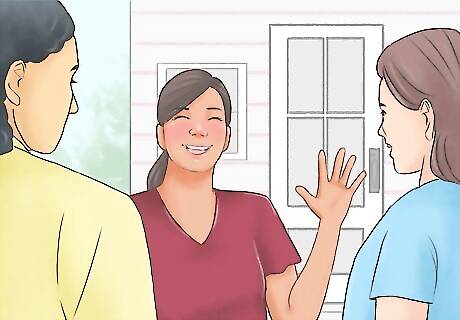
Look at how you feel about new people. Do you find that it is easy to trust others you have just met or don't know very well? Introverts do not trust others as easily as extroverts do and tend to only have a few very good friends, and the rest they consider to be good acquaintances. Extroverts are usually more trusting and open and consider more people as friends than merely acquaintances.

Think about your place in the workforce. Are you (or are you interested in becoming) a teacher, politician, or someone who has constant interaction with other people? Extroverts are more likely to seek out jobs that fit their personality, so if you have always loved public speaking, you might be an extrovert. Not all introverts avoid public speaking or jobs that require interactions with others such as acting, politics, or being an attorney. Some introverts learn to act more social, while many others choose to have a less social work place. Some like to have jobs they can do from home or in an office cubicle.
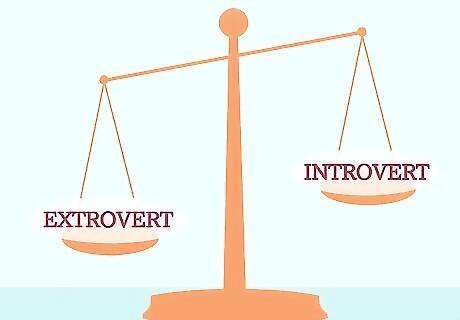
Consider the full spectrum of possibilities. It's rare for someone to be completely introverted or completely extroverted, just as it's rare for someone to be completely governed by the right or left hemisphere of their brain. An ambivert is a person who is equally extroverted as they are introverted.
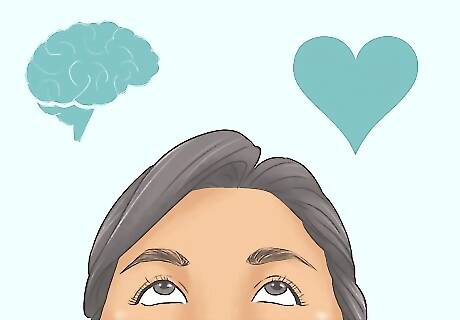
Examine your approach to thoughts and feelings. Do you think or feel more? Introverts are found to have more blood flow in the frontal lobes, and frontal thalamus of the brain, which is used for planning and problem solving. In extroverts, more blood flow goes to the anterior cingulate gyrus, and the temporal lobes, which are used to process sensory and emotional stimulation. Don't generalize others by these traits––not all introverts rely on thinking and not all extroverts rely on feeling.
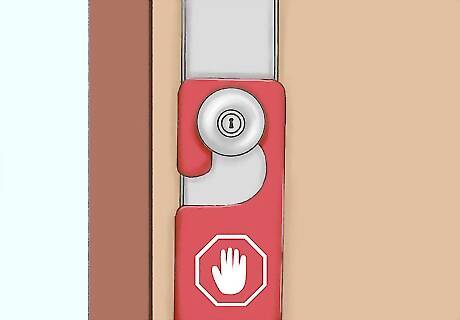
Consider your need for privacy. When you go into your room or office, do you leave the door open, or close it? Introverts like their privacy and they are more likely to want to keep doors closed. Extroverts don't mind leaving their doors open, because they are more interested in socializing than being alone.
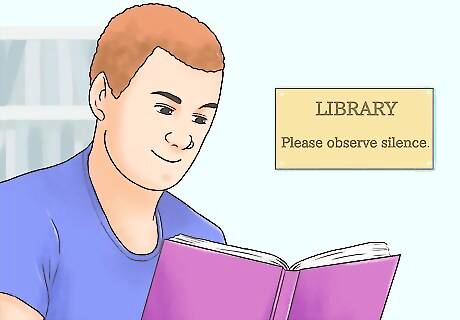
Realize that people can learn to go "against type" in certain situations. Do you find yourself trying to speak louder and speak more often with people whom you have just met? Do you act the same way with your close friends, or do you act more introverted and feel more natural? You might be an introvert. An extrovert may act more introverted if they feel they need to. Sometimes being quiet is polite in certain situations. Do you find that if you are taking a test in school, or finishing up paperwork at your job that you have to strive not to be distracted by social situations around you? Is it easy for you to talk to people but hard for you to stay quiet?














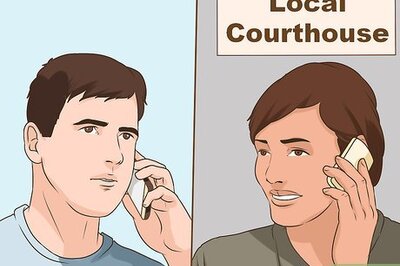




Comments
0 comment